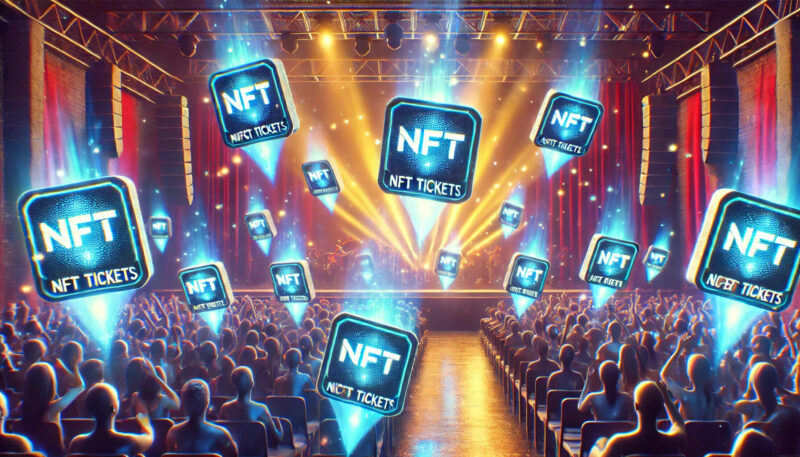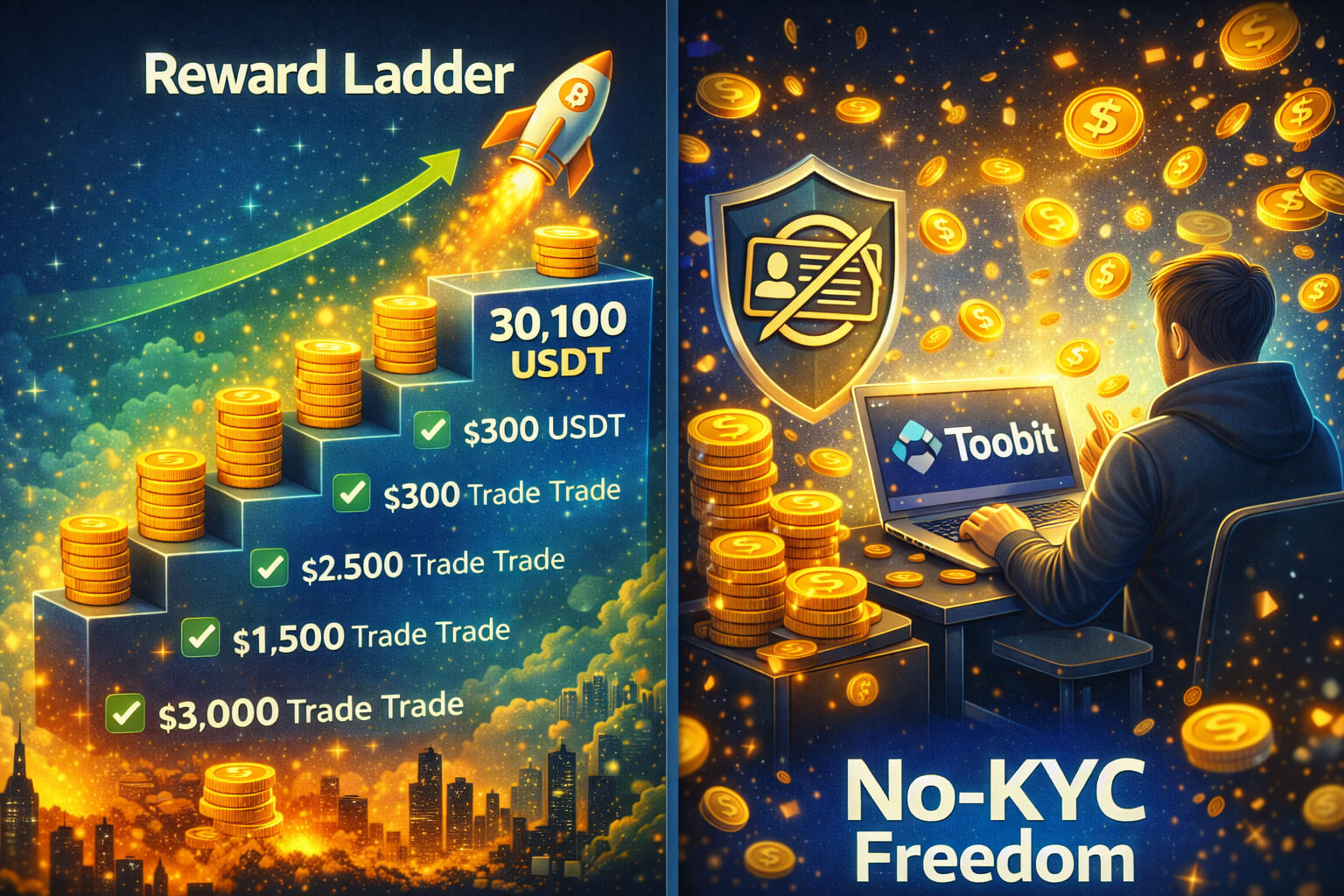1. Introduction: The Digital Evolution of Music
The music industry has undergone significant transformations over the past few decades, with the shift from physical albums to digital streaming platforms reshaping how artists distribute their work and engage with fans. However, a new revolution is on the horizon: Non-Fungible Tokens (NFTs). NFTs are digital assets that represent ownership or proof of authenticity of unique items, and they are quickly gaining traction in the music industry. By leveraging blockchain technology, NFTs offer musicians innovative ways to monetize their work, connect with their audience, and reclaim control over their creations. In this article, we’ll explore the role of NFTs in the music industry and how they are changing the landscape of music distribution and fan engagement.
Why NFTs Matter in Music
NFTs empower musicians to directly sell their work to fans, bypassing traditional intermediaries such as record labels. This not only enhances revenue potential but also allows artists to retain greater creative control and ownership of their work.
2. What Are NFTs and How Do They Work in Music?
NFTs, or Non-Fungible Tokens, are unique digital assets that exist on a blockchain, typically the Ethereum blockchain. Unlike cryptocurrencies like Bitcoin or Ethereum, which are fungible (interchangeable with each other), NFTs are one-of-a-kind and cannot be exchanged on a one-to-one basis. This uniqueness makes NFTs ideal for representing ownership of digital items such as music, art, and other media.
- Key Characteristics of NFTs:
- Uniqueness: Each NFT is distinct and cannot be replicated, making it perfect for representing rare or limited-edition items.
- Ownership: NFTs provide verifiable proof of ownership and authenticity, which is recorded on the blockchain.
- Transferability: Owners can sell or trade their NFTs on various marketplaces, allowing for a secondary market where value can be realized.
2.1 NFTs in Music
In the music industry, NFTs can represent ownership of various digital assets, including:
- Music Tracks or Albums: Artists can mint their music as NFTs, allowing fans to purchase unique copies of their songs or albums.
- Exclusive Content: NFTs can be used to sell exclusive content, such as unreleased tracks, behind-the-scenes footage, or concert recordings.
- Concert Tickets: Musicians can issue NFT-based tickets, which can offer special perks such as meet-and-greets or backstage access.
- Digital Art and Merchandise: Artists can sell digital artwork, album covers, or limited-edition merchandise as NFTs.
3. Benefits of NFTs for Musicians
NFTs offer numerous advantages for musicians, from new revenue streams to enhanced fan engagement. Here are some of the key benefits:
3.1 New Revenue Streams
NFTs open up new ways for musicians to monetize their work. Instead of relying solely on streaming revenue, which often pays artists fractions of a cent per play, musicians can sell NFTs directly to fans, often for significantly higher amounts. Additionally, NFTs can include smart contracts that automatically pay the artist a percentage of any future sales, ensuring ongoing revenue from secondary markets.
- Example:
- American DJ 3LAU made headlines when he sold his music as NFTs, generating over $11 million in sales. Each NFT included exclusive content, such as unreleased music and fan experiences.
3.2 Greater Creative Control
By minting their music as NFTs, artists can maintain full control over their work, deciding how it is distributed and at what price. This contrasts with traditional music contracts, where record labels often control the rights to the artist’s music.

3.3 Enhanced Fan Engagement
NFTs allow musicians to build deeper connections with their fans by offering exclusive content and experiences. Fans who purchase NFTs may gain access to unique perks, such as personalized messages, virtual meet-and-greets, or VIP concert tickets. This sense of exclusivity can strengthen the bond between artists and their most dedicated supporters.
- Example:
- Kings of Leon became the first band to release an album as an NFT, offering fans the chance to purchase special edition NFTs that included album artwork, limited-edition vinyl, and front-row concert seats.
4. Challenges and Risks of NFTs in the Music Industry
While NFTs present exciting opportunities, they also come with challenges and risks that musicians need to consider.
4.1 Environmental Concerns
The blockchain technology that underpins NFTs, particularly Ethereum, is energy-intensive and has raised environmental concerns. The high energy consumption required for minting and trading NFTs has led to criticism from environmentalists and some within the music community.
4.2 Market Volatility
The NFT market is still in its early stages and can be highly volatile. The value of NFTs can fluctuate significantly, which means that both artists and buyers need to be aware of the potential for rapid changes in value.
4.3 Legal and Copyright Issues
As with any digital content, NFTs can raise legal and copyright concerns. Artists must ensure they have the rights to the content they are minting as NFTs, and buyers should be clear on what rights they are purchasing.
5. The Future of NFTs in the Music Industry
NFTs have the potential to revolutionize the music industry by providing artists with more control, new revenue streams, and deeper fan engagement. As the technology evolves, we may see more musicians experimenting with NFTs, exploring new ways to distribute their work and interact with their audience. Additionally, improvements in blockchain technology, such as the shift to more energy-efficient networks, could address some of the current challenges, making NFTs an even more viable option for artists.
- Prediction:
- As NFTs become more mainstream, we may see the emergence of NFT music platforms dedicated solely to the minting, trading, and sharing of music-related NFTs. These platforms could provide artists with a new way to release their music, bypassing traditional streaming services.
Conclusion: Embracing the NFT Revolution in Music
NFTs offer musicians a unique opportunity to take control of their digital content, engage with fans in innovative ways, and generate new revenue streams. While there are challenges to consider, the potential benefits of NFTs in the music industry are vast. As artists continue to explore this new frontier, NFTs may become a standard tool in the music industry, reshaping how we think about music ownership and fan interaction.
For more insights and detailed guides on the intersection of NFTs and music, explore our NFTS Guides section.
Stay Updated
For the latest updates on NFTs and the music industry, follow us on:
Stay informed with the latest strategies and insights in the world of music and technology at FreeCoins24.io.
Special Offer
Ready to explore the world of NFTs? Sign up on Bybit today and take advantage of up to $30,000 in deposit bonuses. Start your NFT journey with a trusted platform.
















